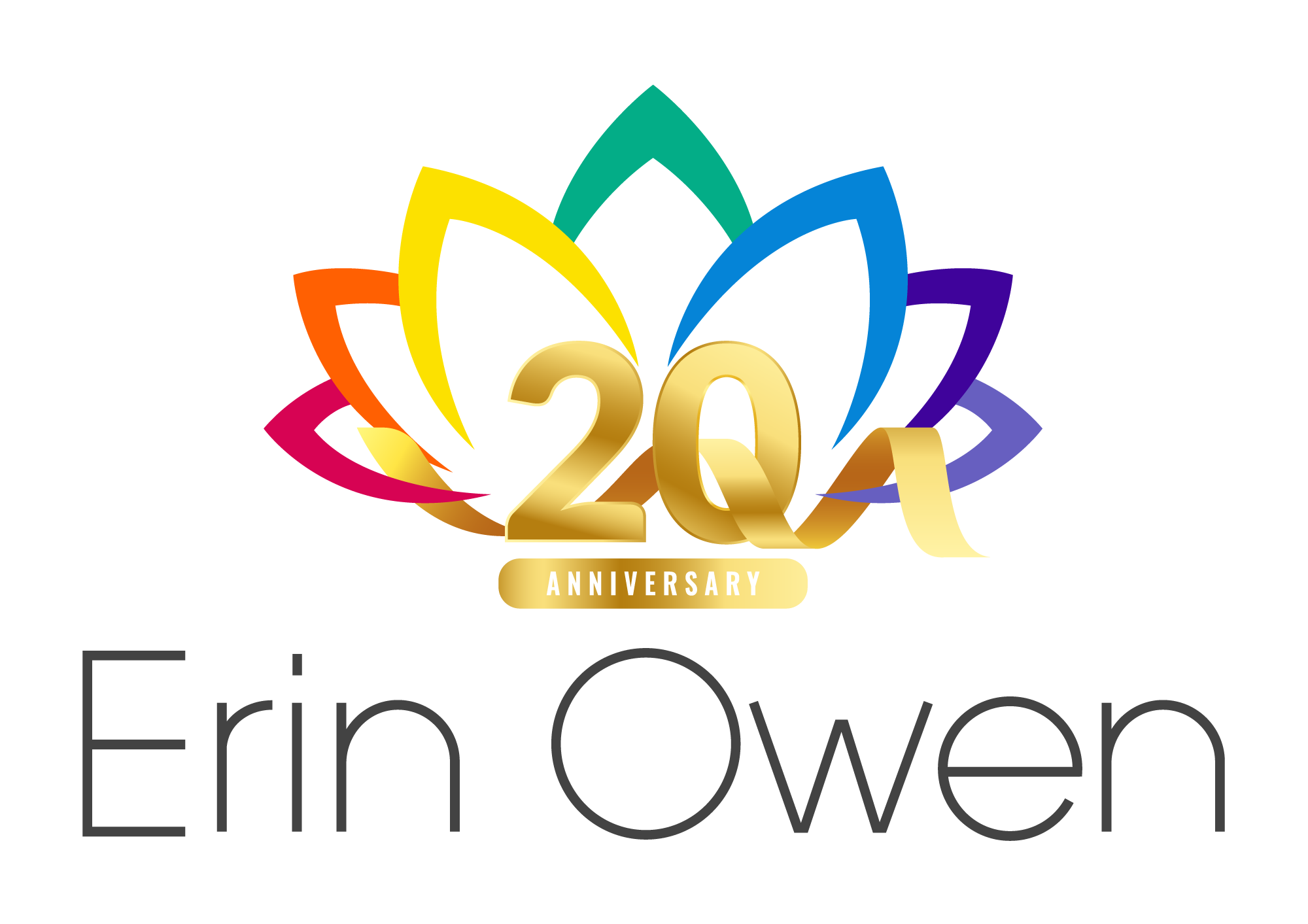
We all make assumptions. It’s human nature to make assumptions. Doing so helps us make quick decisions in this ever-changing, fast-paced world. Assumptions fill in the blanks when we don’t have all the information. One of the earliest lessons I learned when working in the Shanghai office of my company was that I would have to make decisions – tough decisions – before I had all the information. For an early career, high achieving, want-to-get-it-right-every-time young professional, that was terrifying for me at the time. What if I was wrong? What if a decision I made resulted in a bad hire or damage to our building or our firm losing face?
Assumptions can be mental shortcuts that guide our decisions, and they can be helpful at times. But, without regular pause and reflection, these shortcuts may leave unrealized gains on the table or lead to unnecessary challenges. Unchecked assumptions can weaken your clarity, your credibility, and your impact as a leader. Whether it’s assuming your team is aligned, your client is satisfied, or that your role is secure, assumptions can lull you into a false sense of security.
In this month’s LinkedIn article, I explore why challenging your assumptions isn’t just a mindset shift, it’s one of the most untapped leadership strategies. Great leaders don’t just trust their instincts, they question and test them too. So, let’s move into the sixth strategy for this year.
Strategy # 6: Be Cautious with Your Assumptions and Proactively Challenge them so you are Not Caught Off Guard
I’m building you a beautiful arsenal of high-impact strategies to support you as you navigate through this tumultuous and deeply generative year. Let’s review them quickly before moving on. I encourage you to start implementing these strategies and I invite your feedback: let me know which ones resonated most or made a positive impact for you.
- Strategy 1 – Be Ready!
- Strategy 2 – Get Your House In Order
- Strategy 3 –Disrupt Your Own Beliefs & Self-Identity
- Strategy 4 – Resource Yourself Well
- Strategy 5 – Accept What You Cannot Change and Change What You Can With Discernment
Coaching Questions to Ask Yourself:
Before you read further in this article, I invite you to reflect on these thought-provoking questions.
- What assumptions do you regularly make about your role, your team, or about yourself?
- When faced with uncertainty, do you seek clarity — or do you fill in the blanks with what you THINK you know?
- Are you open to hearing perspectives that challenge your current beliefs?
- How do your assumptions shape the way you lead, communicate, and make decisions?
- What might become possible in your leadership if you became more curious?
- Lastly, are your current assumptions still serving you?
How Do You Proactively Challenge Your Own Assumptions?
Through my own experience as an executive coach, I’ve seen firsthand how powerful it is when my clients actively challenge their assumptions. Totally new options and creative solutions open up when you are willing to step back and examine what you are taking for granted or assuming cannot change. Over the years the insights that come from challenging assumptions have shaped the following five principles. These principles will help you challenge your own assumptions and enable you to lead your team with greater clarity, intention, and impact.
- Have the courage to try a fresh approach – It takes courage to challenge yourself and step beyond what’s familiar. When you dare to step outside of your comfort zone and question your assumptions, you open the door to fresh insight, growth, and unexpected opportunities.
- Harness the Power of Change – In an ever-changing world, how you adapt to change is what matters. Learn to harness change rather than resist it. Perhaps your resistance is due to the fear of the unknown. That is normal. To remedy this fear, take a deep breath and get curious. Face your fears head on. Even embrace them. Turn uncertainty into momentum and challenges into positive opportunities.
- Challenge the Status Quo – By that I mean be willing to stretch to and beyond the limits of what you previously thought was possible. Both you and your team need to have permission and support to creatively explore what’s beyond the accepted norm. Great leaders know that when they challenge their teams to stretch and grow, they must do the same and lead by example. Your leadership in this area empowers your entire team and gives them the support they need to really thrive.
- Foster a Culture of Openness – Create a culture of vulnerability. What do I mean? Have open discussions about what you’re trying, what’s working, what’s not working, and what you’re learning from it all. In doing so you will better be able to recognize areas of growth, and lead with greater transparency. Be honest about areas of limitations to strengthen team alignment. Together as a collective whole you can reexamine your beliefs.
- Understand that Failure is Inevitable – Just like change, failure is an unavoidable part of any career journey. We all encounter setbacks and missteps along the way. It’s how you respond to them that matters. Rather than avoiding failure, you and your teams can view it as an opportunity for growth, learning, and long-term development. View failure as an invitation to rethink your approach and embrace fresh possibilities.
Challenging your assumptions as a leader is more than just a mindset exercise. This sixth strategy for the year is a crucial tool for preparedness. When you actively question what you think you know, you uncover blind spots and anticipate potential obstacles before they catch you off guard. This proactive approach sharpens your decision-making and strengthens your team’s resilience. It better equips you to navigate unexpected challenges with confidence and clarity. In today’s fast-paced and unpredictable world, leaders who challenge their assumptions are better positioned to adapt, innovate, and lead their organizations through change more effectively.
JUNE Challenge:
This month, I invite you to step into a powerful leadership practice by challenging your assumptions.
Your challenge: Each week in June, identify one assumption you’re making about your team, your role, your project or yourself. Then, take intentional action to test it. Whether that’s pausing and reflecting with an open mind, asking for feedback or by gathering new data. By the end of the month, you’ll have built a habit of curiosity that helps you stay resilient, reduce the chance of being caught off guard, and ultimately lead with greater clarity.
